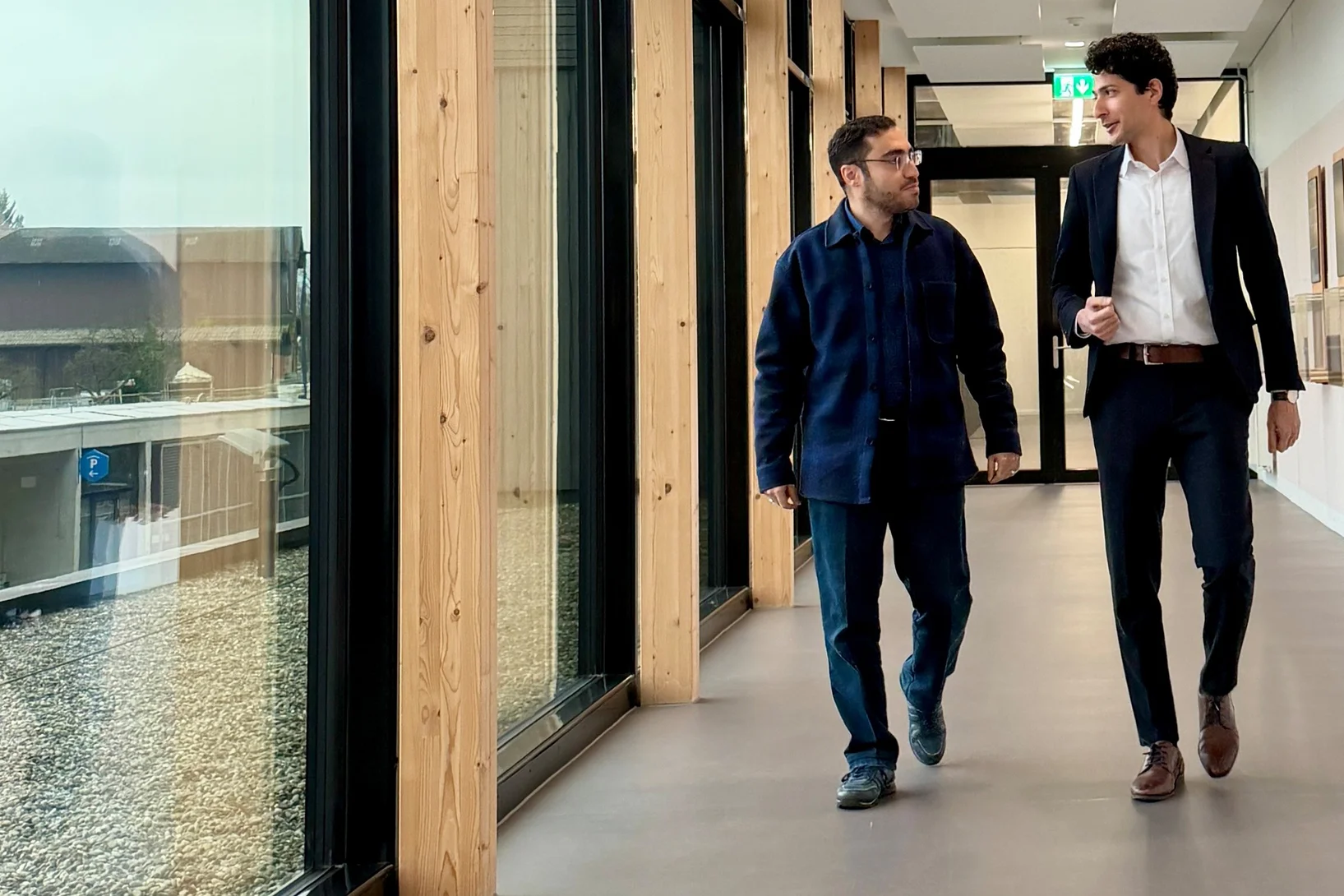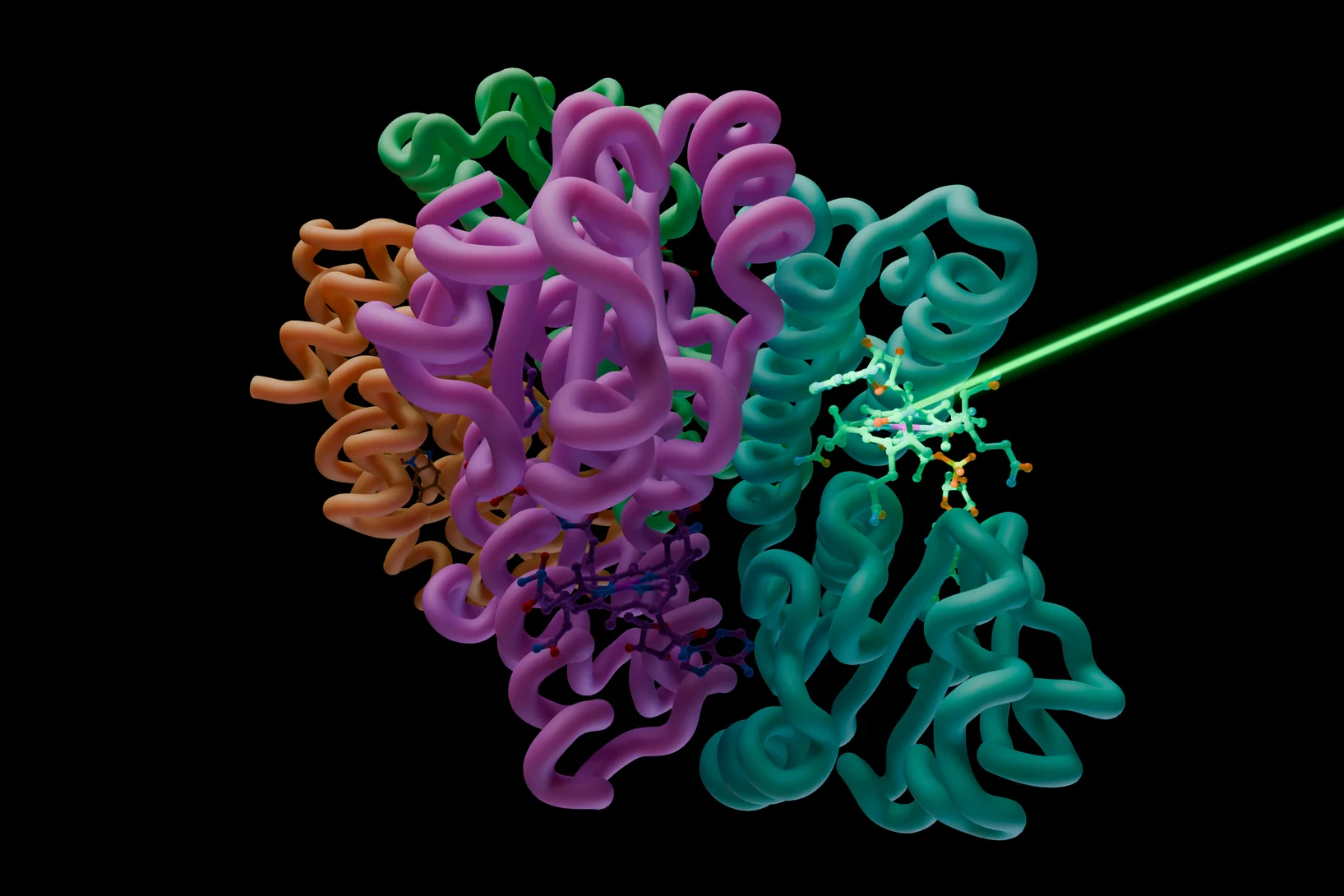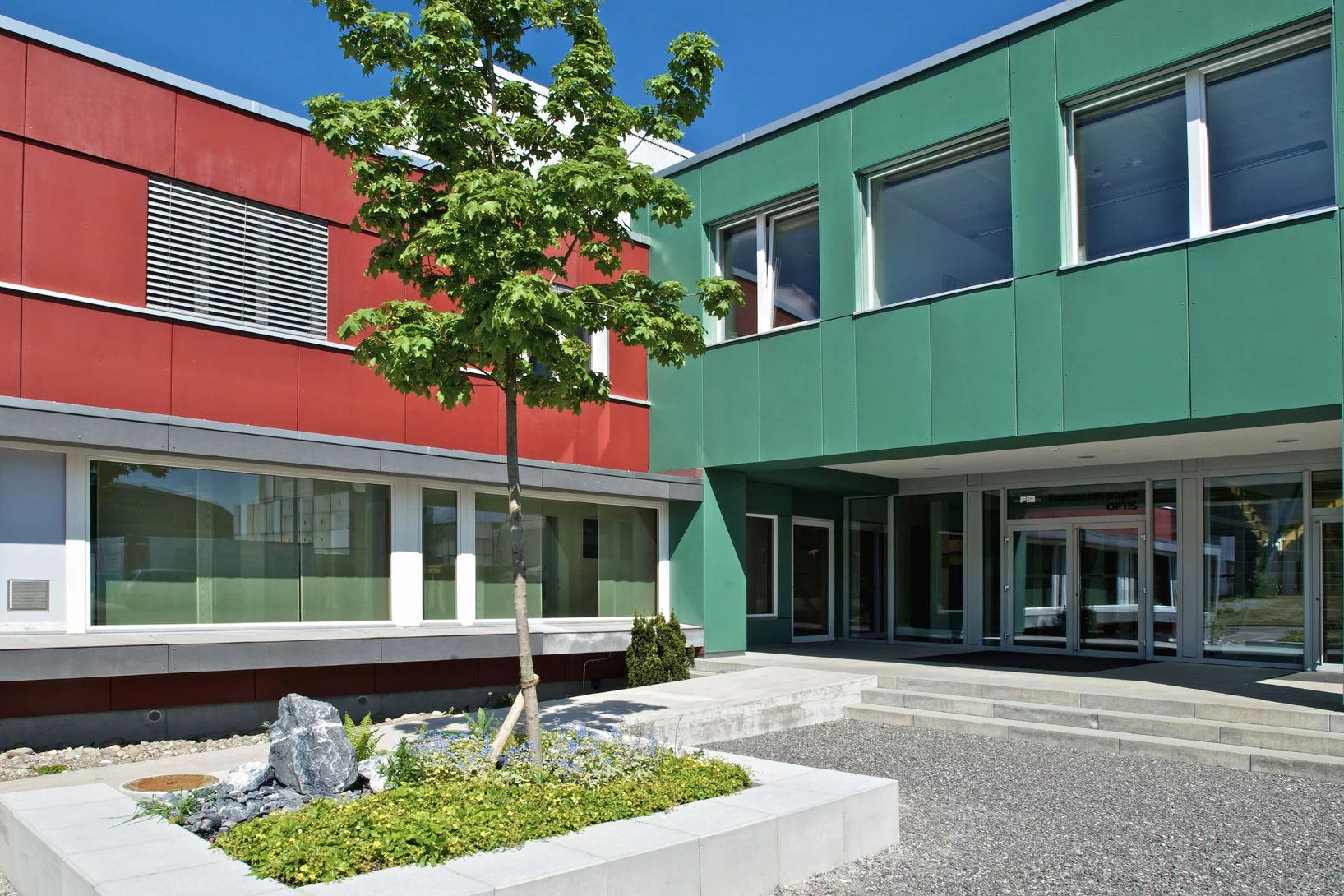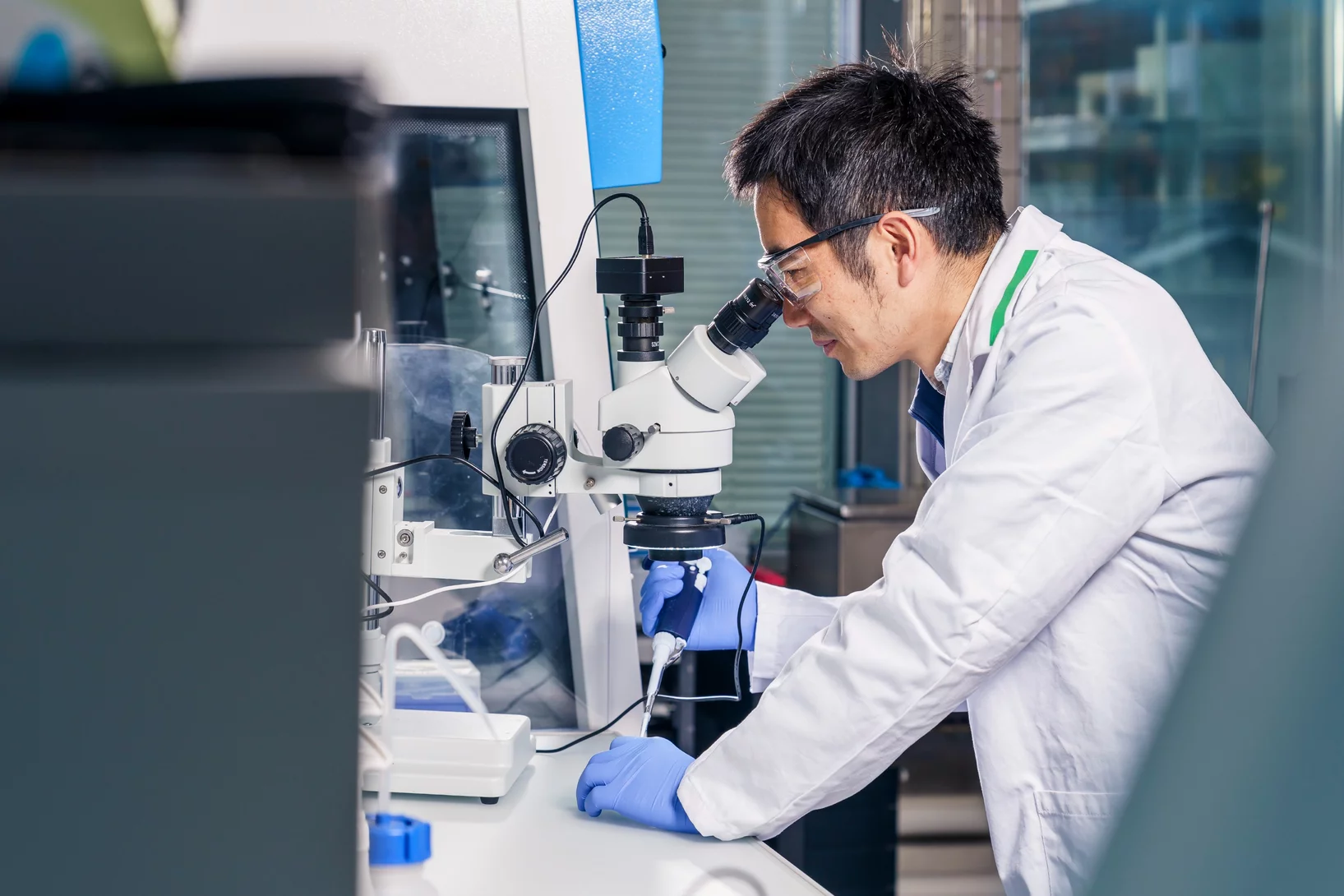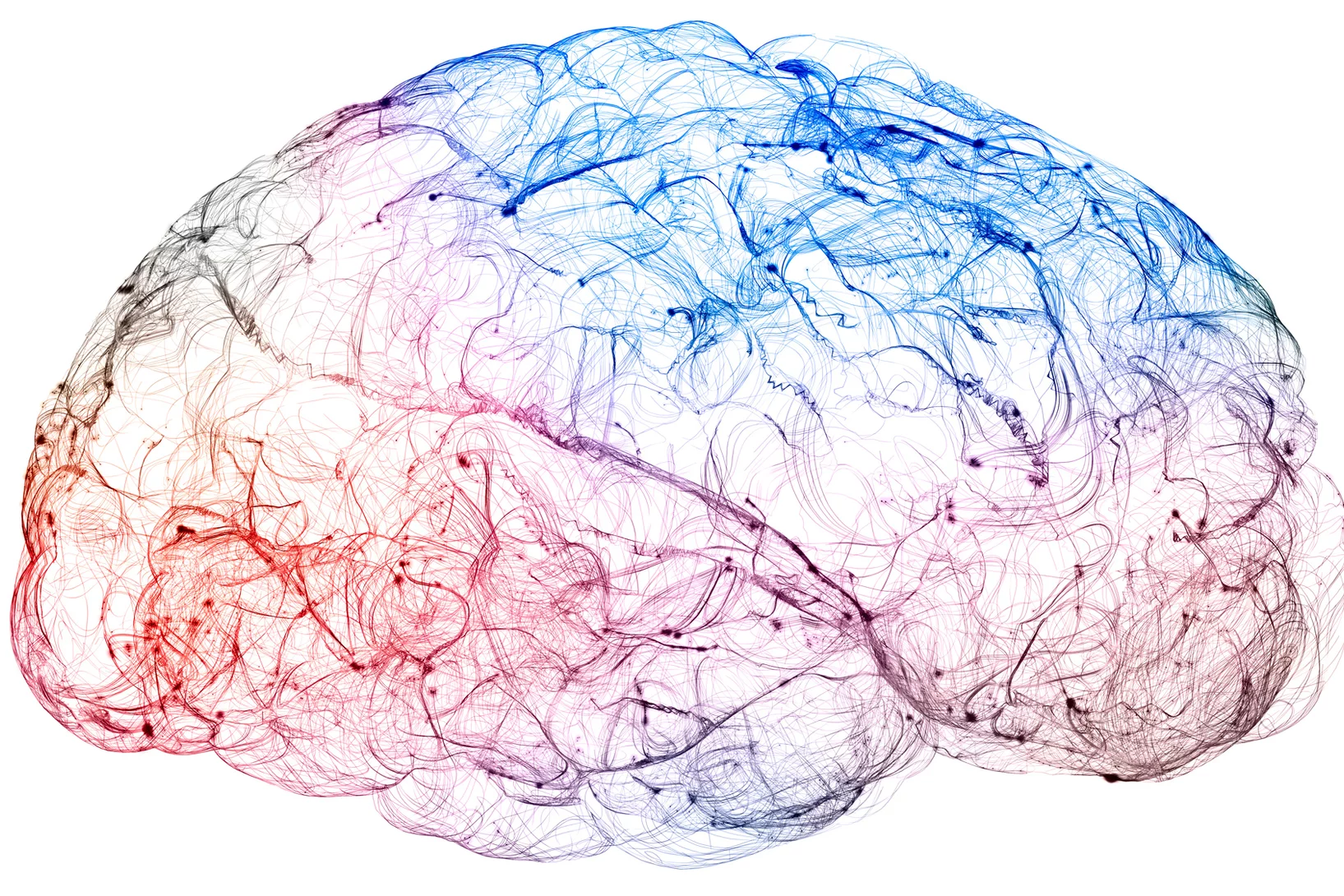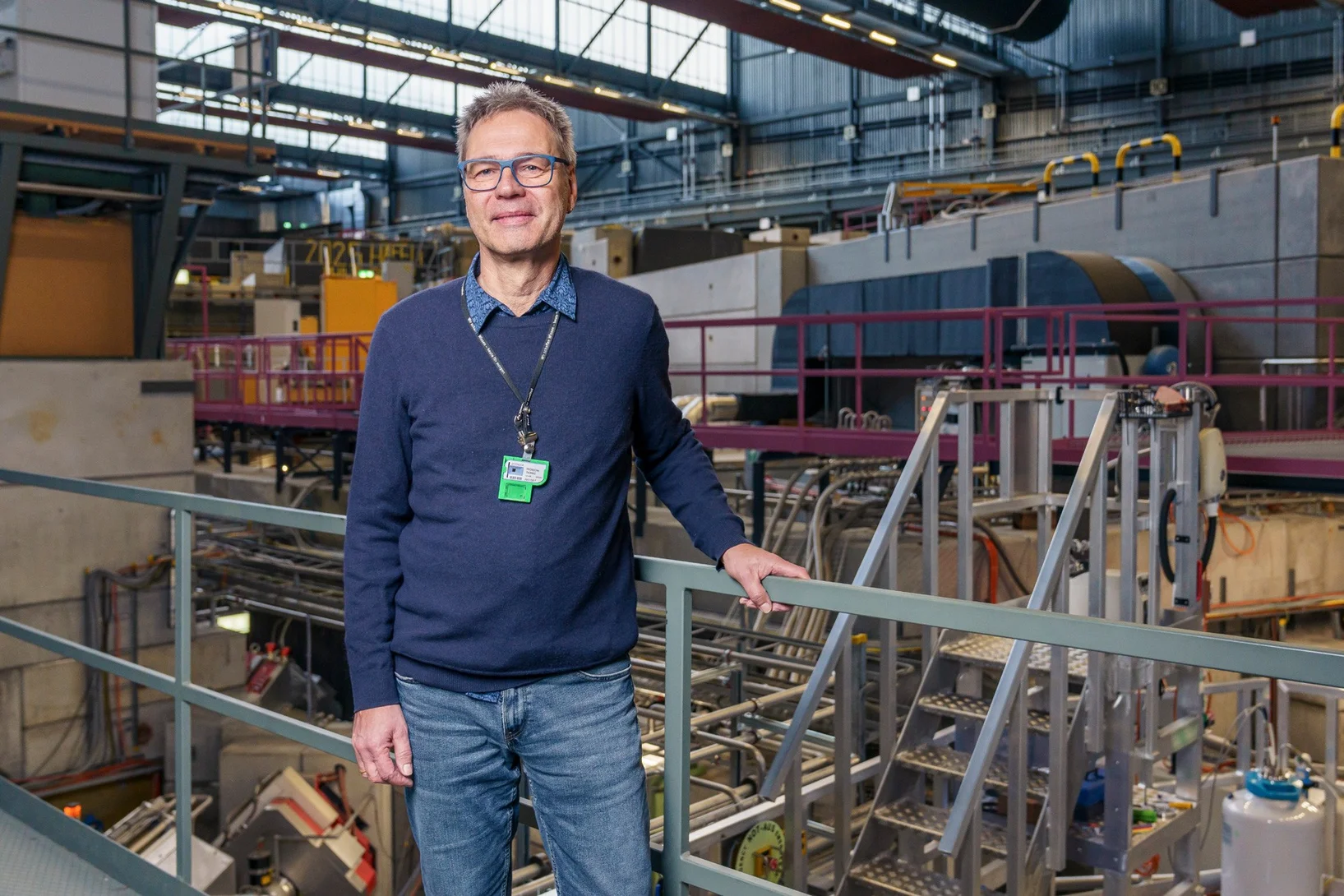Find out more about the research questions we are working on and the unique large-scale research facilities we are using to find answers.
Future technologies
New technologies are the driving force behind an innovative society. At PSI, researchers are laying the necessary foundations for this. They are looking for previously unknown ways of processing and storing data, making technologies more sustainable and efficient or developing new processes to delve ever deeper into the micro and nano worlds. Their findings form the basis for new applications - be it in medicine, information technology, energy generation and storage - or for new production processes in industry.
PSI Founder Fellowship for AI platform and solid-state batteries
PSI researchers Mohsen Sadr and Mohammadhossein Montazerian are receiving financial support and guidance for their business ideas through the PSI technology transfer team.
Surgery for quantum bits
Researchers show how quantum operations can be carried out while actively correcting errors – a key step toward reliable quantum computers.
One thousand modules for CERN
At CERN near Geneva, tiny particles with extremely high energies are blasted at each other to answer big questions about the universe. The detectors that observe the collisions of these particles require regular upgrades. Lea Caminada and her High Energy Particle Physics research group at PSI play an important role in this quest.
Energy and Climate
Climate change is one of the greatest challenges of our time. Switzerland aims to be climate-neutral by 2050 – in other words, not to emit more greenhouse gases than can be absorbed naturally or by technical means. This calls on us to rethink our energy production and use – away from fossil fuels and towards climate-neutral energy sources. How can Switzerland become fit for a climate-neutral energy future? Researchers at PSI are looking for answers.
Identifying the sources of Sarajevo’s smog
Fumes from wood and coal burning as well as from cooking are the main sources of the heavy smog in the capital of Bosnia and Herzegovina. That’s the finding of a comprehensive mobile measurement campaign by PSI researchers.
A comprehensive energy system model for Switzerland
Energy systems face complicated, long-term challenges with a high degree of uncertainty. To explore these challenges and support decision-making, the STEM energy systems model from the Energy Economics Group at PSI has become a key tool.
Electric vehicles could catch on in Africa sooner than expected
Electric vehicles could become economically competitive in many African countries before 2040.
Health Innovation
New methods for diagnosis and therapy are at the centre of medical research and development at PSI. In cancer diagnosis, the focus is on early detection. Basic research using the latest methods leads to the development of innovative therapies. PSI works very closely with universities, clinics and the pharmaceutical industry.
Filming a vitamin B12 photoreceptor in action
SwissFEL shows the molecular events that occur when a vitamin B12 photoreceptor absorbs light
Optimising the treatment of eye tumours
The Insel Group and PSI are expanding their collaboration to provide faster and better coordinated access to proton therapy for patients with eye tumours.
How the cheese-pasta principle could help counter Alzheimer's
PSI researchers have discovered cellular mechanisms that could help to mitigate diseases such as Alzheimer's and Parkinson's.
Fundamentals of Nature
At PSI, researchers investigate the basic structures of matter and the fundamental principles of nature. They examine the smallest building blocks of matter or investigate the structure of biological molecules and how they perform their tasks. The knowledge gathered in this way opens up new approaches to finding solutions in science, medicine and technology.
How microtubules take part in cellular signal processing
Researchers at PSI have investigated on the molecular level how the cytoskeleton transmits commands within the cell. Their findings could provide the medical field with new options for intervention in the event of malfunctions within the organism.
X-rays bring high-resolution brain mapping within reach
A new imaging breakthrough could reveal brain connectivity in 3D detail never before accessible.
New standards in nuclear physics
With unprecedented precision: PSI researchers measure the nuclear radius of muonic helium-3 and put the theories of atomic physics to the test.
Our large research facilities
PSI develops, builds and operates complex large research facilities. PSI has the world's most powerful muon source, a unique proton and neutron source, an synchrotron of international importance and one of only five X-ray free-electron lasers with hard X-rays in the world. Scientists from all over the world use PSI's large research facilities for their scientific investigations. They are also available to Swiss research and industry for their experiments.
“We’re pulling out all the stops”
PSI is increasing the intensity of its muon beams a hundredfold. This opens up entirely new possibilities for physics and materials research.
Swiss X-ray laser reveals the hidden dance of electrons
New X-ray technique at SwissFEL shows how electrons act together – with the potential to show why quantum information slips so easily away.
X-raying auditory ossicles – a new technique reveals structures in record time
Using a bone, PSI researchers have demonstrated how the structures of biological materials can be determined on scales from nanometres to millimetres in a very short time.

